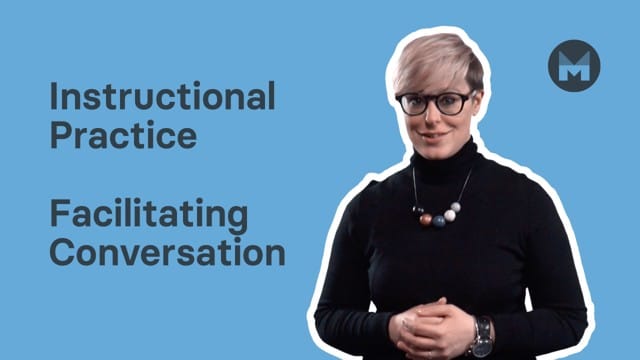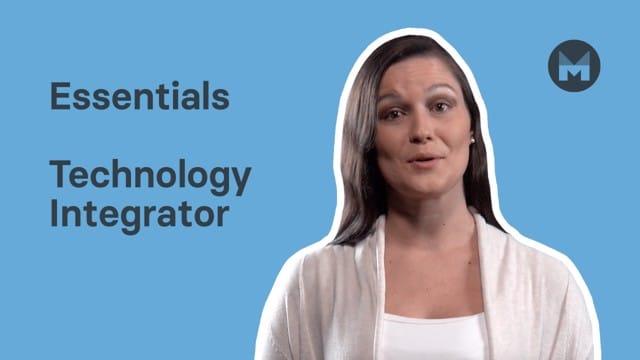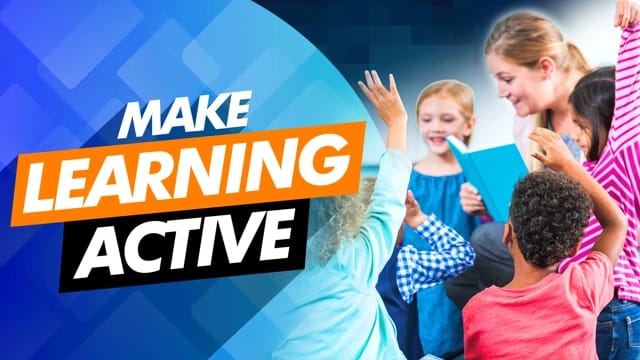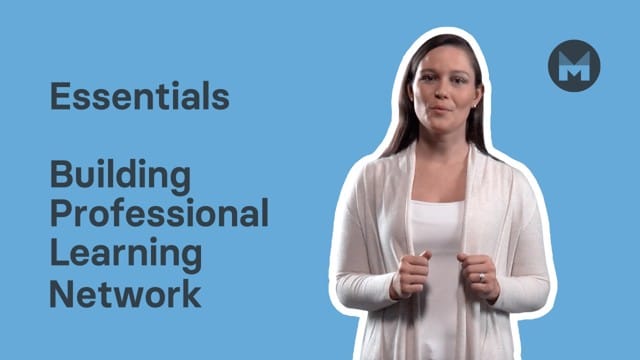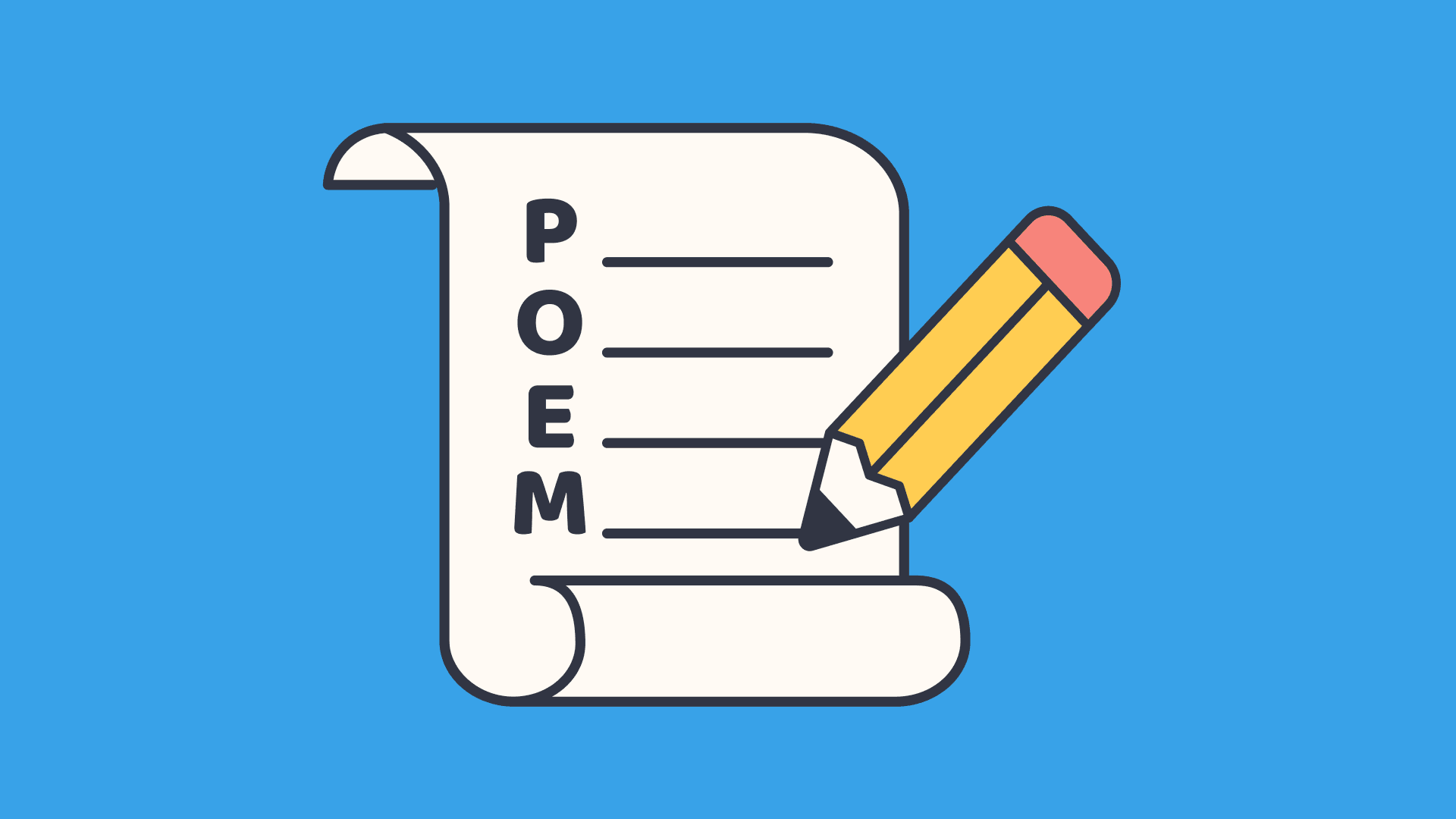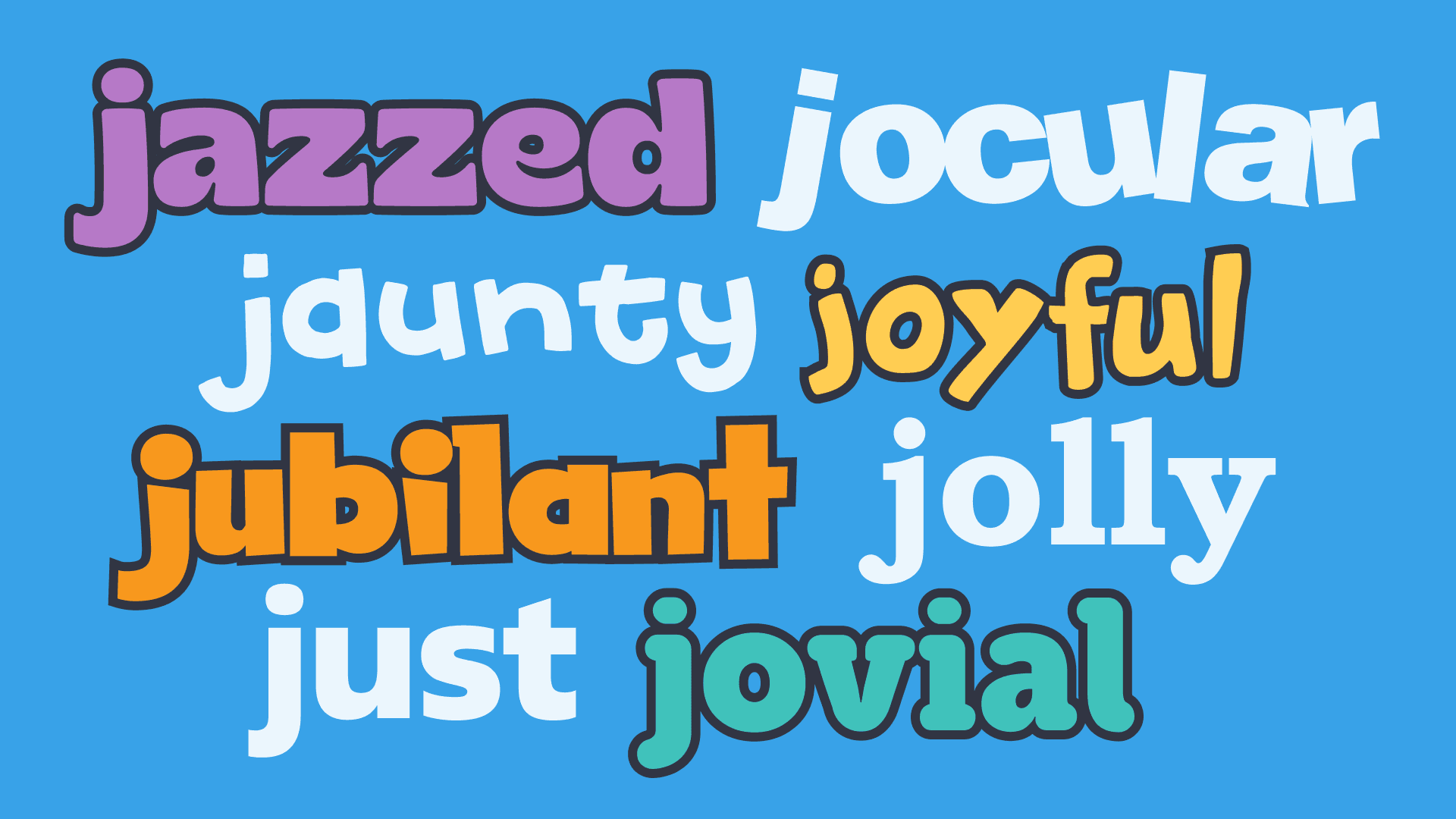20 Positive & constructive teacher observation feedback examples
In this guide
- Important considerations before giving feedback to teachers
- Teacher observation feedback examples
- 1) Lecturing
- 2) Classroom management
- 3) Transitions
- 4) Preparation
- 5) Rigidity in planning
- 6) Incorporating technology
- 7) Making connections
- 8) Incorporating reflection
- 9) Student engagement
- 10) Pacing
- 11) Anticipatory set
- 12) Professional development
- 13) Multimodal learning
- 14) Assessment
- 15) Familial engagement
- 16) Build a professional learning network
- 17) Differentiating learning
- 18) Rubrics
- 19) Noise
- 20) Needs improvement all around
- Resources and further reading
Important considerations before giving feedback to teachers
Observations are a necessary evil. Having your teaching practice observed and critiqued can cause tremendous anxiety – it always does for me. But it’s certainly crucial for the growth of effective educators.
If you’re on the other side of the observation, it’s important to keep in mind that the teacher you’ll be providing feedback to is both a person and a professional. They may be nervous, stressed – maybe even afraid of what you’ll say afterwards.
So how can you do this in a way that’s both positive and constructive?
Teacher observation feedback examples
Below are some specific examples you can use when providing feedback to teachers that foster growth – not resentment. Remember, in order to be constructive, you’ll have to offer some actionable advice and encouragement to improve. Be sure to put a positive spin on it!
1) Lecturing
I noticed your tendency to front-load information when sharing a new topic with your students. It’s clear that you’re very knowledgeable about the topic and enthusiastic about sharing it, but you should also create space for your students to talk. You should consider incorporating methods for student-led discussion.
2) Classroom management
It’s obvious that you have a positive rapport with your students, but I did notice some students misbehaving when your back was turned. How can you use that to your advantage to empower your students to take ownership of their behaviour?
3) Transitions
It’s great that you’ve implemented various activities to explore content, but the transitions between them were a little rocky. Let’s think about some ways to make them smoother.
4) Preparation
Your enthusiasm for the lesson definitely came through, but I did notice it seemed a little disorganised. Have you considered implementing some more structure into your lesson planning so you can be better prepared?
5) Rigidity in planning
It was evident that you had a very specific and well-thought out plan for today in mind, but you should consider allowing space for unexpected turns of events. We need to be flexible in case of changes that occur in the classroom.
6) Incorporating technology

Your lessons and activities were effective, if a little traditional. Have you thought about trying something different and incorporating technology?
7) Making connections
Your ability to impart the curriculum is commendable, but perhaps you could consider reinforcing your students’ learning by making connections and demonstrating relevance to their everyday lives.
8) Incorporating reflection
The lesson you taught today was great, but there’s always room for improvement. I’d like you to reflect on how it went and think about what could have been even better.
9) Student engagement
Your lesson was exciting, but I noticed some students seemed disengaged. You could explore some new strategies, such as using interactive videos, to increase engagement and participation.
10) Pacing
Your content knowledge is masterful and your enthusiasm was palpable during the lesson. However you did seem to struggle with your pacing. You could improve your timing by practicing your delivery beforehand, or by adding visual cues, such as enabling timers in your slide deck.
11) Anticipatory set
Today’s lesson and activity were very effective. It’s always great to incorporate a hook, or anticipatory set, to get your students excited for what’s to come. Perhaps you could consider how your students will initially engage for future lessons?
12) Professional development
Great work, but I think you can do even better. Some of your teaching strategies [provide a specific example] aren’t the most current. I’d like you to consider participating in more professional development.

13) Multimodal learning
Most of your students clearly enjoyed today’s lesson, but I noticed some of them struggling to pay attention. Perhaps you could incorporate some multimodal learning styles going forward to cater to your diverse learners.
14) Assessment
The lesson flowed well and was engaging, but I’m wondering what your benchmarks are for assessment? Let’s review some options so we can clearly measure your students’ progress.
15) Familial engagement
I noticed several of your students came to class unprepared today. I saw that you set clear expectations for them, but you also need to effectively communicate those expectations with their families and caregivers. Things may go more smoothly when you collaborate with your students’ families.
16) Build a professional learning network
You’re clearly thriving at this school despite being relatively new. I noticed you didn’t seem to know what to expect from this observation in the beginning. I think it would be beneficial for you to forge connections with some of the veteran teachers at this school to expand your professional learning network.
17) Differentiating learning
This was a well-planned lesson and activity, but I noticed some of your higher achieving students seemed bored. You should consider some ways to differentiate your assignments to cater to all of your students’ abilities.
18) Rubrics
I felt the assignment you gave today was engaging, but your expectations for the completed work were unclear. Have you thought about using rubrics to make your marking criteria more transparent?

19) Noise
Your class really seemed to enjoy the time you allocated for small group work, but the noise level became quite loud. Some students were having trouble hearing each other and focusing. You should establish clear expectations for noise in the classroom.
20) Needs improvement all around
I can tell that you love teaching, but it’s important to master the fundamentals. Let’s come up with an action plan so things can go more smoothly next time.
After providing effective and actionable feedback, be sure to remain accessible to the teacher you observed. You should plan on following up and checking in periodically so that the advice you imparted doesn’t exist in a vacuum. Teaching – and learning – is an ongoing process that truly takes a village!
Resources and further reading
- Archer, J., Cantrell, S., Holtzman, S.L., Joe, J.N., Tocci, C.M. and Wood, J. (2016). Better feedback for better teaching : a practical guide to improving classroom observations. San Francisco, Ca: Jossey-Bass, A Wiley Brand.
- Atkinson, D. and Bolt, S. (2010). Using teaching observations to reflect upon and improve teaching practice in higher education. Journal of the Scholarship of Teaching and Learning, [online] 10(3), pp.1–19. Available at: https://files.eric.ed.gov/fulltext/EJ906466.pdf.
- Cherasaro, T., Brodersen, R., Reale, M. and Yanoski, D. (2016). Teachers’ responses to feedback from evaluators: What feedback characteristics matter? [online] Available at: https://files.eric.ed.gov/fulltext/ED570162.pdf [Accessed 13 Jul. 2024].
- Daniels, E., Pirayoff, R. and Bessant, S. (2013). Using Peer Observation and Collaboration to Improve Teaching Practices. Universal Journal of Educational Research, 1(3), pp.268–274. doi:https://doi.org/10.13189/ujer.2013.010318.
- Fullan, M. (2014). Teacher Development And Educational Change. Routledge.
- Hattie, J. and Clarke, S. (2019). Visible Learning: Feedback. London: Routledge, Taylor & Francis Group.
- Ho, A. and Kane, T. (n.d.). The Reliability of Classroom Observations by School Personnel. [online] Available at: https://files.eric.ed.gov/fulltext/ED540957.pdf [Accessed 13 Ju1. 2024].
- Matt, D. and Leary, O. ’ (2013). Developing a National Framework for the Effective Use of Lesson Observation in Further Education Project Report for UCU. [online] Available at: https://www.ucu.org.uk/media/6714/Developing-a-national-framework-for-the-effective-use-of-lesson-observation-in-FE-Dr-Matt-OLeary-Nov-13/pdf/ucu_lessonobsproject_nov13.pdf [Accessed 13 Jul. 2024].
- Massaro, D.W. (2012). Multimodal Learning. Encyclopedia of the Sciences of Learning, [online] pp.2375–2378. doi:https://doi.org/10.1007/978-1-4419-1428-6_273.
- neeadvantage.com. (2015). Educator Effectiveness | Network for Educator Effectiveness. [online] Available at: https://neeadvantage.com/.
- The Danielson Group (2022). The framework for teaching. [online] danielsongroup.org. Available at: https://danielsongroup.org/the-framework-for-teaching/.

Jessica Pastore
briefcase iconMuseum Educator
Jessica Pastore is a museum educator living and working in New York City. Her background is in social studies education and world history. She has taught in both classroom and gallery settings for the past ten years.
Other posts
Want more content like this?
Subscribe for blog updates, monthly video releases, trending topics, and exclusive content delivered straight to your inbox.





